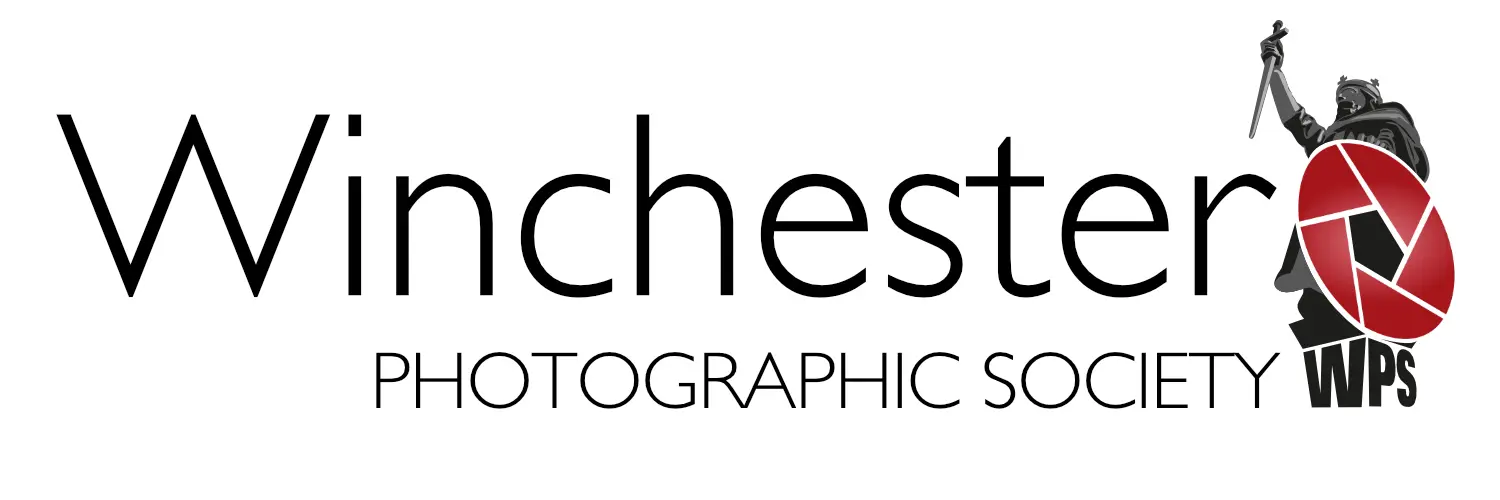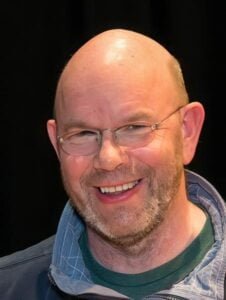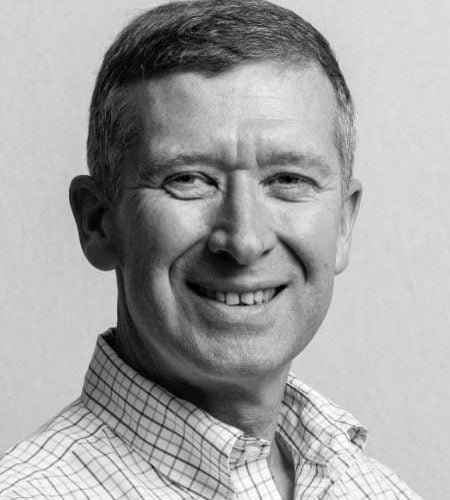RPS Trustee Elections
Voting closed at 5pm (BST) on Tuesday 31 August 2021.
What’s happening?
As RPS members should be aware, voting is now open in the 2021 RPS Council Elections to elect six Trustees.
Our former President, Gavin Bowyer, is standing as the only independent candidate.
How is the RPS governed?
The RPS has a governing Council, which is also the Board of Trustees, responsible for the RPS charitable objects and governance.
Who sits on the Board of Trustees?
There are up to twelve trustees, consisting of
- the President, elected by the Members of the Society;
- the Honorary Treasurer, appointed by the Board of Trustees;
- up to six additional Elected Trustees; and
- up to four additional Appointed Trustees
See http://rps.org/about/trustees/ for a list of the current trustees (which does not distinguish between elected and appointed trustees).
Trustees are elected for a three-year term.
How do I vote in this RPS election?
You must be a paid-up member of the RPS.
Preparation (optional): read the Candidate Prospectus. For each candidate it contains a photo together with a short statement they have prepared in support of their candidacy.
Voting: As an RPS member you should have received an email from “On behalf of the Royal Photographic Society”, subject “Vote now in the 2021 Council Elections”.
Click the prominent blue button in the email which looks like this:
Click here to vote
It takes you to a link which is unique to you.
And then?
You’ll see a screen with a list of the trustee candidates – in random order, to avoid alphabetic bias.
Against each candidate is a link to their candidate statement, and a box.
Click in the box if you want to vote for that candidate. Click again to remove your vote if you change your mind.
You may vote for up to six candidates.
The absence of ranking implies that the vote is a First-Past-The-Post system.
After the vote
The President explains in his introduction to the Candidate Prospectus that the Nominations Committee will direct the recruitment of four Appointed Trustees.
Gavin introduces his statement as follows
I feel it is important to ensure that the RPS supports existing societies and camera clubs, as well as developing plans for the future and I’ve emphasised that in my personal statement in the election – I want to hold the RPS accountable to its existing members in the camera clubs across UK as well as developing plans for the future.
That is why I am standing as an independent candidate, not nominated by the RPS.
For other candidates’ statements, follow the link to the Candidates’ Prospectus under the “How to vote” tab
Reviewed by the Nominations Committee and standing as an independent candidate

Gavin Bowyer
I have a scientific background and trained in Medicine at Cambridge and Oxford. I had, however, an interest in art, so was able to read History of Art for a year within that university period.
I qualified as a doctor and went on to specialise as a trauma & orthopaedic surgeon. I enjoyed a career in the Army for 17 years, with many interesting travels and operational tours, much of that time with airborne forces.
I then spent 20 years working as an orthopaedic consultant in the NHS and in private practice.
Travel and photography have always been a passion for me. These have formed an important part of my life and work, from photographing snails and irrigation schemes in Africa on medical expeditions, to recording war wounds on the Afghan border and in Gaza.
Photographs have had a tremendous relevance not just as records, but as part of establishing a treatment, and scientific, narrative.
Throughout my career, I have had positions of considerable responsibility and with a strategic and development role, as well as having a particular interest in training and education.
This is reflected in my appointments to the Specialist Advisory Committee at the Royal College of Surgeons (which oversees training of orthopaedic surgeons), as an examiner and standard setter for the Intercollegiate Specialty Board in Trauma and Orthopaedics and as an examiner for the Diploma in Medical Care of Catastrophes.
I was also involved as an advisor to the Department of Health as Trauma Centres were established in the UK, particularly looking at the workforce implications and strategies.
My photography interests and commitment have developed considerably in the past 5 years, as I have moved into semi-retirement. I achieved LRPS in 2016 and ARPS in 2018.
This has been in no small part related to my membership of a thriving local photographic society, so I appreciate the role of both a national body and local organization in supporting photography. I became Programme Secretary and then President of Winchester PS.
One of my first roles as President was to review our governance procedures, update the constitution and establish Accessibility and Safeguarding policies.
My strategy for the presidential year was to improve on the outreach of the society, developing its role in the community – unfortunately that is unfinished (but continuing) business, as Covid-19 struck.
I provided leadership to the Society, ensuring we moved swiftly and effectively to on-line meetings. I have had a major role in organizing the Winchester Annual Exhibition, both in gallery format and latterly online through co-operation with Hampshire Cultural Trust.
I feel that it is time for me to try to give more to photography, as a way of contributing to society. I passionately believe that photography can bring inspiration, creativity and connectivity to all areas of society – but that relevance has to be sought and nurtured! I believe I have some transferrable skills in organization, education and leadership that could contribute to the RPS as it strives to achieve its vision.
Gavin Bowyer holds an Associate distinction of the RPS
Earlier this year I was honoured when Gavin asked me to write a short piece in support of his candidacy in the RPS Trustee elections. With Gavin’s permission, here is what I wrote.
Most members of Winchester Photographic Society probably don’t know this, but behind Gavin Bowyer’s quiet and pleasant manner lies a highly skilled and respected professional, highly motivated to do well at whatever he turns his hand to. In just a few years he has made a huge contribution to WPS. I have no doubt that he would be a great asset to the RPS if he were to become a trustee.
Until recently Gavin had limited time to devote to his passion for photography, because of the pressures of his career as an eminent internationally-known orthopaedic surgeon and of supporting his wife during her illness.
His impressive CVs on LinkedIn and on gavinbowyer.co.uk make clear that he is at the top of his profession, committed to teamwork and to CPD (for himself and others).
His online profiles do not tell us that, whilst in the RAMC, Gavin had led in the use of photography to aid documentation and treatment of combat wounds.
After joining Winchester Photographic Society in 2015, Gavin took advantage of the many workshops on offer and quickly gained his LRPS and then his ARPS. The relationships he developed with outside tutors led to some good new speakers for our programme.
He was an excellent Programme Secretary, then Vice-President and President, after which, as Immediate Past President, he took on the role of Programme Secretary again to fill a last minute vacancy.
The Covid-19 pandemic hit during Gavin’s presidential year. Gavin’s medical and medico-legal background helped him insure that under his leadership Winchester Photographic Society reacted very quickly to the crisis, avoiding unnecessary exposures and switching to a fully online programme. He particularly took into account that many WPS members fall into the more vulnerable age groups.
So successful was this revised programme that attendance at online meetings has been consistently higher than when we had physical meetings. Behind the scenes Gavin and his committee were having to plan for different possible scenarios, not knowing when and how lockdown would be relaxed.
Gavin chose “WPS in the Community” as the theme for his presidential year. He encouraged society members to use their photographic skills to support community projects, and to publicise the ways in which many of them already do.
I know from personal experience, specifically with our new society website, that Gavin is very receptive to new suggestions and, when convinced of their value, will push strongly for their adoption (a challenge that I had faced as a trustee of my own professional body).
With his new-found (pre-pandemic) time for travel, Gavin used his photography to support endangered wildlife charities, specifically elephants and mountain gorillas.
Gavin’s own photography business is aptly named The Sympathetic Lens. Recent projects have involved him in working to create photographic memories with people having chemotherapy and end-of-life care. This included a very dear member of WPS who passed away shortly after the start of lockdown in 2020. It must be heart-rending work. But if I were to find myself or one of my loved ones in a similar situation I can’t think of anyone better than Gavin to call upon.
About online-voting
These are the first elections held under the new RPS By-Laws adopted at the EGM on 27 March 2021.
In modernising their by-laws and moving to online voting, the RPS presumably had, but did not take, the opportunity to adopt an arguably fairer form of voting than the old-fashioned first-past-the-post system.
The voting service provider chosen by RPS, mi-voice.com, says that they support multiple voting methodologies including STV and AV.
The mi-voice website does not give any guidance on selecting the most appropriate voting system.
The Electoral Reform Society has a page comparing different types of voting system, set in the context of parliamentary elections.
Voting provider OpaVote has a webpage recommending the best method of voting for Electing a Group of People
Many charities and professional societies in the UK and worldwide now use some form of transferable voting system for their councils and boards.
Gaming the system
In a first-past-the-post system with ten candidates for six seats, a voter who has one strongly preferred candidate may be tempted to cast a single vote for that candidate and not vote for any other candidate.
This is less likely to happen in a ranked voting system where a voter could rank all ten candidates in order of preference.



